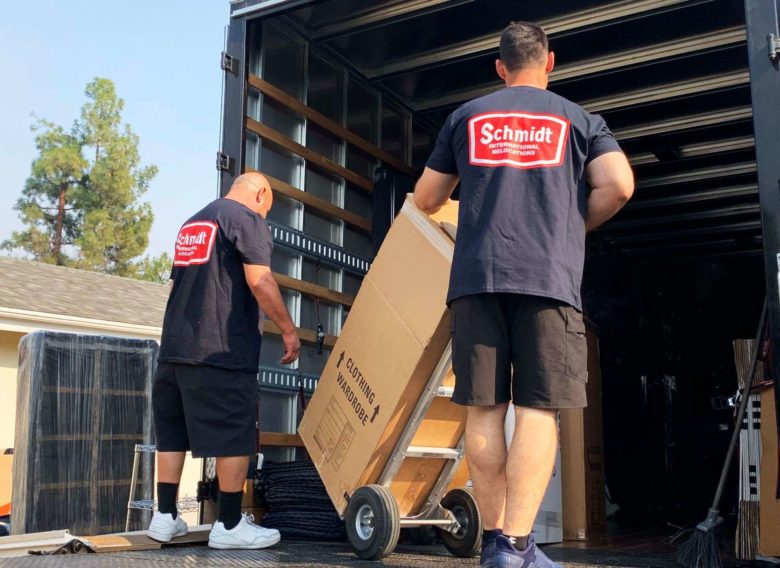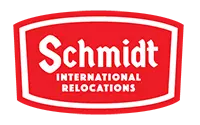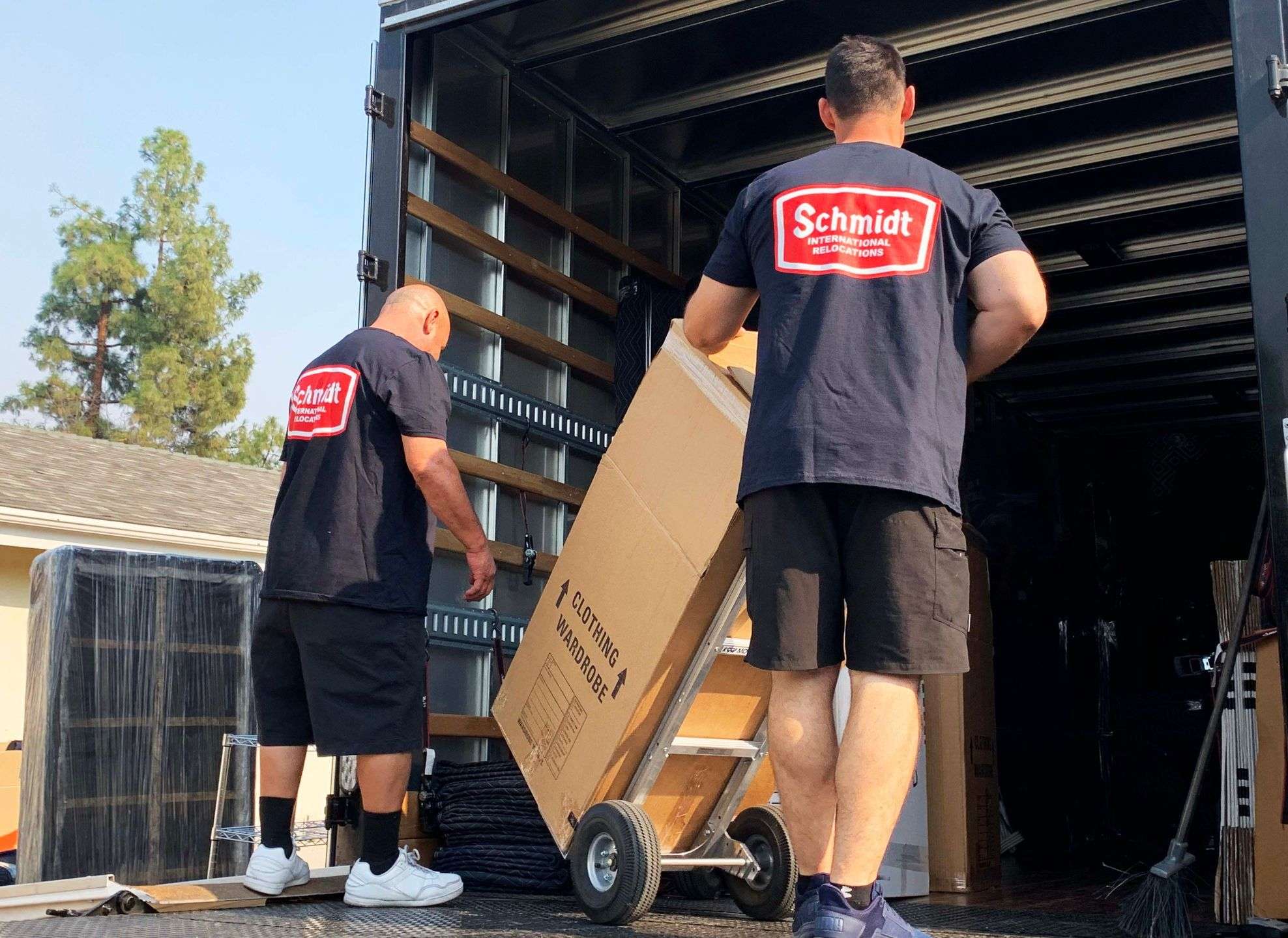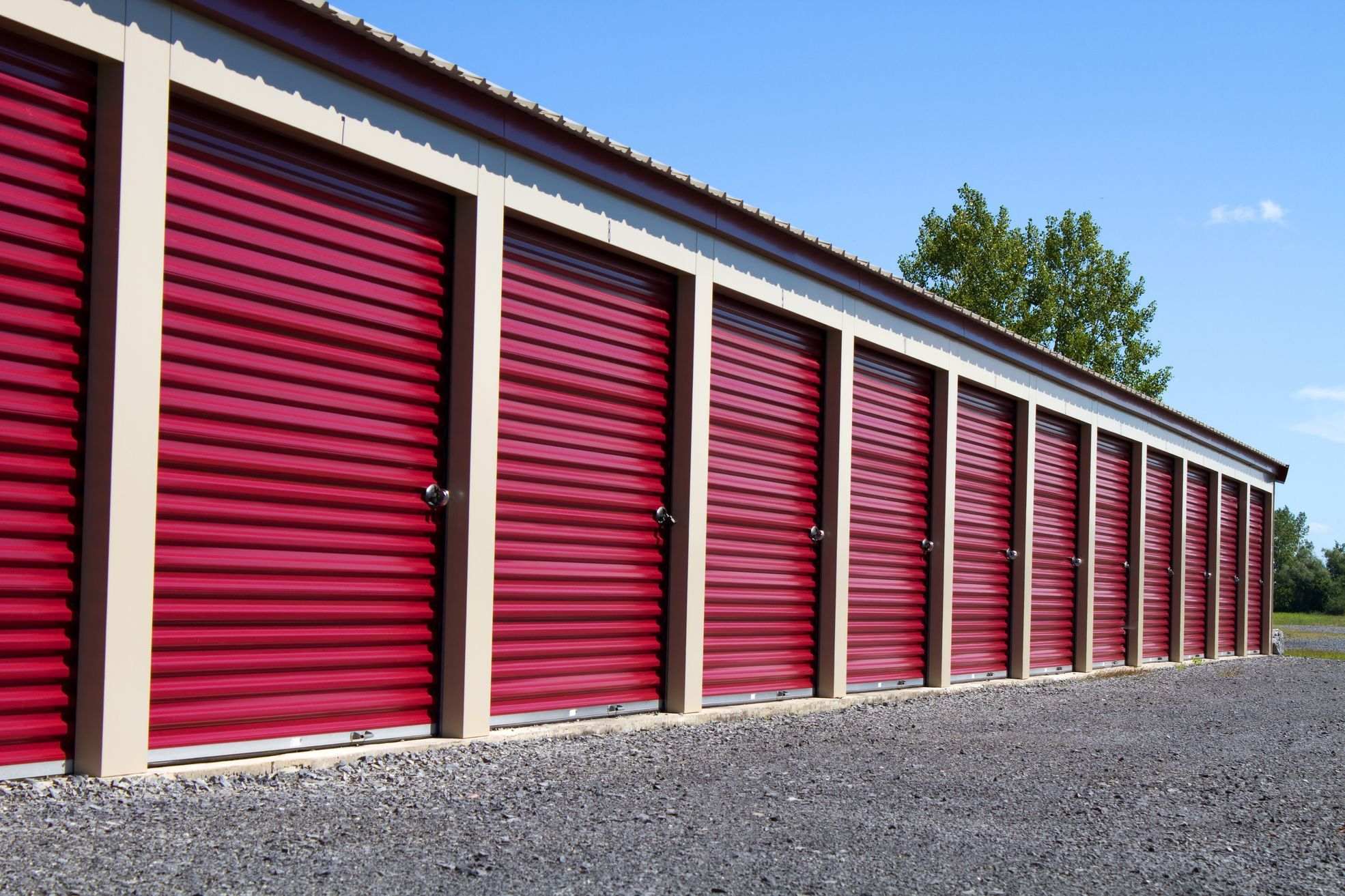

Moving from the US to Europe can be both exhilarating and overwhelming. In this comprehensive guide, we delve into essential US-to-Europe relocation tips, offering you a roadmap through the complexities of transatlantic transition. Whether it’s navigating visa requirements, budgeting for your move, or settling into your new European home, we’ve got you covered with expert advice and practical strategies.
What are the most important tips for moving to Europe from the US? First, conducting thorough research on the destination, including cultural norms and cost of living, helps set realistic expectations. Knowing about visa and residency requirements is crucial, as each European country has its own set of rules. Budgeting for the move and the initial months abroad is essential, considering both the relocation expenses and the cost of settling in. Choosing a reputable international mover can protect belongings while learning the local language and engaging with the community facilitate easier integration.
Take Preparatory Steps for Moving From the US to Europe
Embarking on an international transition demands a thorough preparation. To plan a relocation effectively, individuals must first grasp the scope of what lies ahead. This involves assessing logistical, financial, and legal aspects to relocate efficiently.
Such an approach ensures a smooth adjustment to a new environment, minimizing unexpected challenges.
Key to this process is creating a detailed plan that outlines each step, from securing housing and employment to learning the cultural nuances of the destination.
Decide What Destination Would Be Ideal for You
Choosing the ideal European destination requires careful consideration and research. The moving to Europe checklist serves as a foundational tool in this decision-making process. It encourages individuals to evaluate various factors such as climate, cost of living in Europe vs the USA, job opportunities, and social environment.
To decide where to live when contemplating living overseas, one should also take into account personal preferences and lifestyle, alongside practicalities like language barriers and access to essential services. Engaging with expatriate communities online can offer insights and firsthand experiences that aid in making an informed decision.
Research Visa and Residency Requirements
Navigating the visa and residency requirements of European countries is a critical step in planning an overseas transition. Each country has its own set of laws and requirements, ranging from short-term visas to long-term residency permits.
For instance, the Schengen Area offers a uniform visa system for short stays, while countries like Germany and France have specific criteria for employment, study, and family reunification visas.
It’s essential to gather important documents early on, such as birth certificates, marriage certificates, and proof of financial stability, to meet the requirements of the European visa application for Americans. Consulting with legal experts or immigration services can provide clarity and simplify the application process.
Secure Residency in a European Country
Securing residency in a European country is an essential item on the to-do list for those planning to live overseas. This process typically involves submitting an application to the relevant immigration authorities, along with the necessary supporting documents, such as:
- Proof of income,
- Health insurance,
- Valid passport.
Research the specific requirements of the chosen country, as these can vary significantly. Additionally, some countries may require an in-person interview or a residency test. Getting in touch with local expat communities or seeking advice from a legal expert can also provide valuable insights.

Start Budgeting for Life in Europe
Transitioning to life in Europe necessitates a thorough review of one’s financial strategy for balancing finances overseas. Engaging with banks that offer favorable exchange rates and low transaction fees is crucial. Additionally, leveraging online tools to track spending patterns can help in adjusting to the cost of living differences.
Expats should consider creating an emergency fund to cover unexpected expenses and explore ways to save money. Great options include opting for shared housing or utilizing public transportation. A great tip is to seek advice on international banking for expats as well. Learning about local tax obligations and seeking financial advice can also aid in managing finances more effectively.
Outline the Initial Relocation Costs
Planning for the initial costs associated with relocating to a big city or any European destination requires careful budgeting and foresight. Key expenses include visa fees, shipping for personal belongings, flights, and temporary accommodation upon arrival. To manage these costs and live abroad successfully, it’s advisable to research and budget for these expenses in advance.
Comparing moving services and flights can uncover potential savings while learning about the rental market of the destination can prevent overspending on housing. Additionally, setting aside funds for initial essentials, such as furnishings and local transportation, guarantees a smoother transition to life in a new country.

Select an International Moving Company
Choosing the right international moving company is a pivotal step in the relocation process. Hiring movers who are experienced and trustworthy is paramount to avoiding relocation scams. Schmidt International Relocations stands out as a reputable service provider, offering peace of mind and reliability.
To ensure a seamless move, it’s crucial to research and compare different international moving companies. Look for movers with positive reviews, proper credentials, and a track record of dealing with customs and international regulations. Contacting companies with a solid reputation and extensive experience in international relocations can significantly mitigate risks.
Reach Out to Multiple Companies
To avoid common relocation mistakes, reach out to multiple moving companies. This allows for a comprehensive comparison of services such as moving by sea, storage services, packing services, and even auto transport services, ensuring that all needs are met. When contacting these companies, inquire about their licensing, insurance coverage, and experience with international moves.
It’s also wise to request detailed quotes to understand the full scope of their services and fees. This step is critical in selecting the right provider, one that offers a balance of cost, services, and reliability.

Declutter and Decide What to Pack for Europe
When preparing for moving overseas, a discerning approach to what to keep and what to get rid of is essential. This process involves evaluating the necessity and sentimental value of each item.
Bulky furniture, redundant appliances, and items that can be easily replaced should be considered for sale or donation. Emphasizing the importance of minimizing belongings simplifies logistics and reduces moving costs. Essentials that align with the lifestyle and climate of the destination, along with a few cherished personal items, should cut.
Carefully Package Fragile and Valuable Items
Ensuring the safety of fragile and valuable items during a move requires meticulous planning and technique. To pack fragile items effectively, use sturdy boxes of the appropriate size and fill any gaps with bubble wrap or packing peanuts to prevent movement.
Each item should be individually wrapped to provide cushioning and protect against scratches or breakage. For exceptionally valuable pieces, request custom crating and insurance coverage for added security. Labeling these boxes clearly and instructing movers to handle them with extra care can further prevent damage. By taking these steps to pack efficiently, the risk of loss or damage to treasured belongings can be significantly reduced.

Settling Into the New European Life
Adjusting to a new country requires an open mind and a willingness to embrace the unfamiliar. One of the first steps in this journey is to find an expat community that can provide invaluable support and advice from those who have navigated similar transitions.
These communities are often found through social media platforms or local meet-up groups and can offer tips on everything from local customs to administrative necessities. Engaging with locals and participating in community events can also accelerate the adaptation process. Learning the local language, even at a basic level, can further enhance integration and understanding of the new culture.
Find Appropriate Housing
Finding the right housing is a crucial step in settling into life in Europe, whether moving to a smaller home or a bigger one. Websites like Idealista and Rightmove offer comprehensive listings across many European countries, providing a good starting point for housing searches.
It’s important to consider the location, proximity to public transportation, and community amenities when selecting a home. Additionally, learning about local renting practices and any legal requirements, such as registration with local authorities, can prevent future complications. Visiting potential neighborhoods and speaking with local residents can also provide insights into the area’s suitability.
Learn How to Navigate the Public Transportation and Getting Around
Europe’s extensive public transportation networks offer a reliable, eco-friendly option for getting around. Familiarize yourself with local transit apps and websites that can provide real-time schedules, routes, and ticketing information.
Purchasing a travel card or a season ticket can offer cost savings for regular commuters. Explore other transportation options, such as biking or car-sharing services, as they can offer flexibility. Making an effort to use these transportation methods not only facilitates daily commutes but can also be a fantastic way to make friends abroad.

Overcome a Language Barrier by Engaging With the Local Community
Breaking the language barrier is not just about taking language learning for expats courses or using apps, although these are valuable tools. Engaging directly with the local community through social clubs, interest-based groups, or volunteer work can provide practical, real-world practice that accelerates language acquisition.
Such interactions allow for a natural, conversational approach to learning, making mistakes less intimidating and feedback more immediate. Participating in language exchange meet-ups can be mutually beneficial, offering an opportunity to teach your native language while learning the local one. This engagement fosters a deeper connection with the new environment.
Choose the Absolute Best – Schmidt International Relocations
From deciding on the ideal European destination to researching visa requirements and adapting to a new lifestyle, each phase requires careful consideration and planning. Engaging with the local community and overcoming language barriers enrich the experience. For those looking to navigate this life-changing adventure with ease, the support of a seasoned and reliable partner is indispensable.
Contact us, Schmidt International Relocations, for comprehensive relocation services tailored to make your move abroad seamless and stress-free. Choosing Schmidt International Relocations means selecting a partner committed to providing you with the absolute best relocation experience.
FAQ
What Are the First Steps in Planning a Move From the US to Europe?
Planning a transition from the US to Europe begins with detailed research and understanding the logistics involved. This includes determining the ideal destination based on personal and professional needs, as well as the legal and financial preparations required for such a transition. Create a comprehensive checklist that covers all aspects of the process.
How Can I Find out About Visa and Residency Requirements for My Chosen European Country?
To understand visa and residency requirements when moving abroad, one should start by consulting the official immigration website of the respective nation. Gather information from expatriate forums and possibly consult with immigration lawyers or agencies. This approach ensures access to up-to-date and comprehensive guidelines on the necessary legal documents and procedures.
What Are the Best Practices for Choosing an International Mover?
Selecting the best international mover involves thorough research and comparison of various service providers. It’s crucial to verify each company’s credentials, such as their license and insurance, and to read reviews from previous clients to gauge their reliability. Requesting detailed quotes from multiple companies allows for an informed decision, ensuring that the chosen service meets all specific requirements and budget constraints.
How Should I Manage My Finances When Moving From the US to Europe?
Managing finances when transitioning from the US to Europe requires a strategic approach to banking, taxes, and daily expenses. Opening a bank account when moving internationally, understanding the tax implications of living abroad, and creating a budget that accounts for the cost of living differences are fundamental steps. Additionally, explore options for international money transfers to optimize currency exchange rates and minimize fees.
What Are Some Tips for Adjusting to a New Culture and Community in Europe?
Adjusting to a new culture and community in Europe involves an open-minded attitude and a willingness to engage in local customs and languages. Finding expatriate communities and local interest groups can provide a supportive network for sharing experiences and advice.













